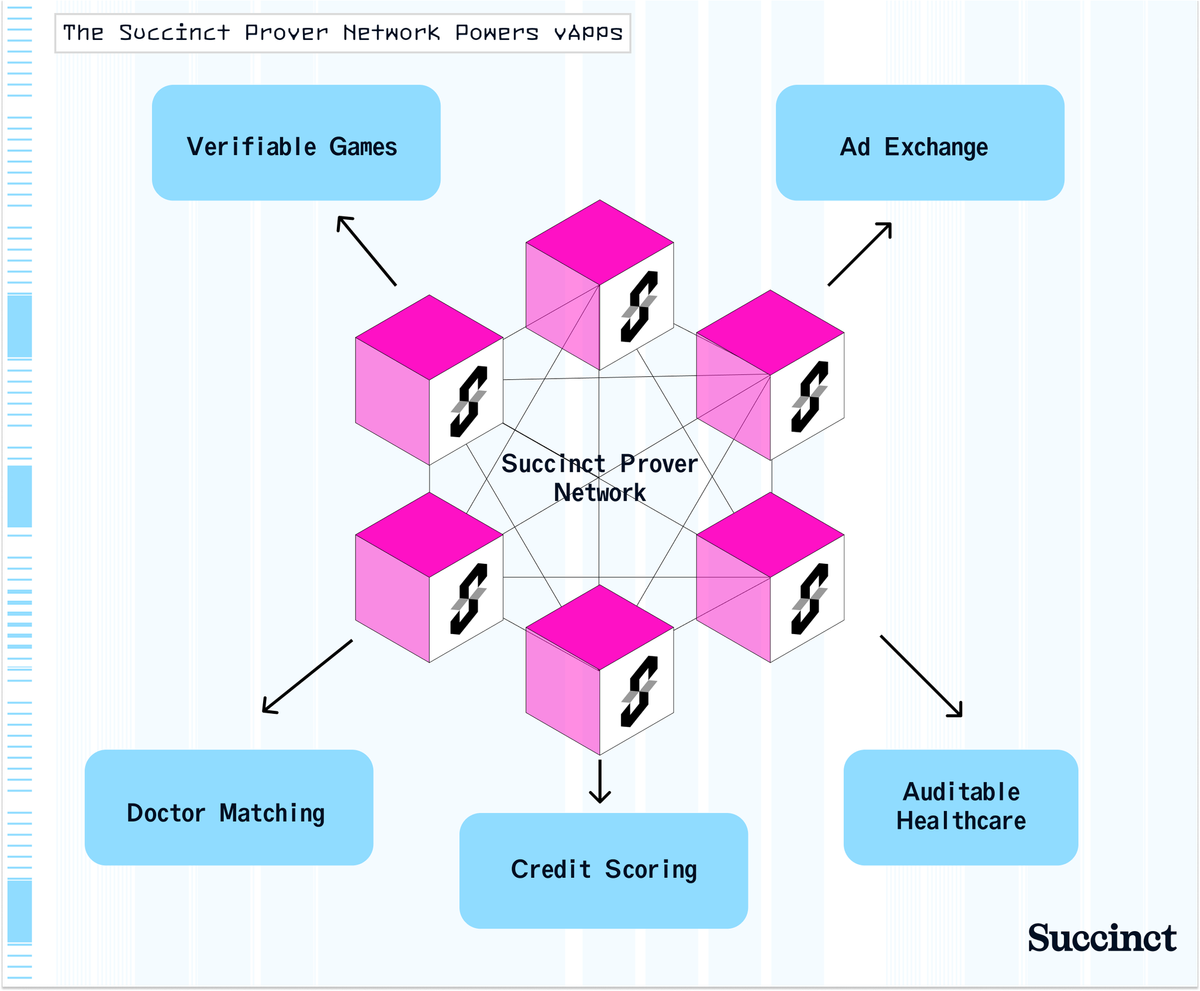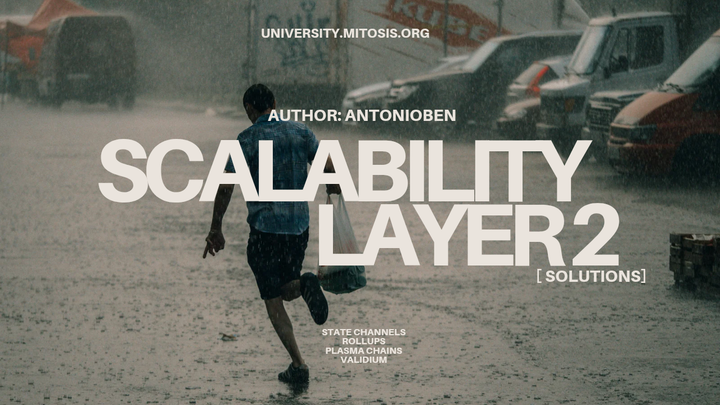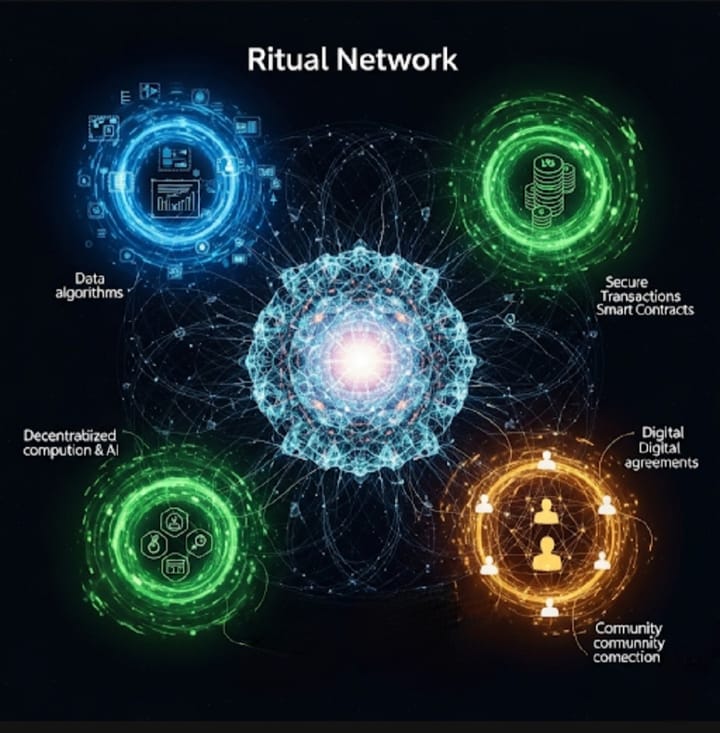Succinct SP1 zkVM: Bringing Zero-Knowledge Proofs to Rust Developers

Zero-knowledge proofs (ZKPs) are revolutionizing the way we think about trust, privacy, and scalability in Web3. But building with them has long been a challenge, requiring specialized languages and advanced cryptography knowledge.
Succinct’s SP1 zkVM changes that by allowing developers to write ZK programs using Rust, a language already widely adopted across blockchain ecosystems. This innovation dramatically lowers the barrier to entry and aligns with the modular future of DeFi.
What is SP1 and Why It Matters
Succinct is a team building open, verifiable infrastructure for modular chains. SP1 is their zero-knowledge virtual machine (zkVM) — fully open-source and designed to let developers write ZK programs in Rust, then generate succinct proofs verifiable on-chain.
This unlocks new flexibility for building modular applications across ecosystems like Mitosis, where fast finality and cross-chain liquidity require trust-minimized communication between layers.
Traditional ZK systems often rely on domain-specific languages like Circom or Noir. SP1 eliminates that friction, making zero-knowledge development more accessible to the wider Web3 developer base.
Why Rust is a Game-Changer for Zero-Knowledge Proofs
Rust is already the language of choice for performance-focused blockchain devs. With SP1 supporting Rust, developers can now:
- Use familiar syntax and tools for writing and debugging zk programs
- Integrate zk logic with existing Rust codebases
- Deploy composable, onchain-proof-enabled apps across L2s and rollups
This matches perfectly with the intent-centric design of platforms like Mitosis Matrix Vaults, where liquidity and actions flow across chains with minimal developer friction.
How SP1 Works Under the Hood
SP1 compiles Rust programs into RISC-V instructions, which it then transforms into zk circuits. These are used to generate succinct, non-interactive proofs that can be verified on-chain — enabling efficient state verification across execution environments.
This type of verifiability is vital for intent execution in systems like Mitosis Expeditions, where users interact with contracts across multiple chains via a single interface.
Key capabilities include:
- Support for a growing number of syscalls
- Efficient handling of complex logic
- Compatibility with modular rollups
Use Cases in the Modular Stack
SP1 is already being adopted across the ecosystem to power:
- ZK oracles for verifiable off-chain data
- Private voting systems and confidential governance
- On-chain games with provable logic
- Rollup interoperability via ZK-based state transitions
These use cases align with the Mitosis vision of seamless, intent-driven cross-chain liquidity, where proof and action are tightly coupled to eliminate bridges, delays, and manual coordination.
SP1 and the Future of Modular DeFi
As DeFi moves toward a modular architecture, developers need ways to separate execution from verification — and bring those proofs back on-chain efficiently.
SP1 enables this by:
- Allowing complex computation to be done off-chain
- Returning succinct ZKPs to smart contracts
- Supporting chain-agnostic, verifiable applications
Platforms like Mitosis stand to benefit greatly, using SP1 to verify state changes, enhance security, and increase capital efficiency across their liquidity routing infrastructure.
Conclusion
Succinct’s SP1 zkVM is more than just a developer tool, it’s a pivotal piece of infrastructure for a more secure, scalable, and composable Web3. By empowering Rust developers to build trustless, verifiable applications, SP1 makes zero knowledge development accessible and accelerates the shift toward modular DeFi ecosystems like Mitosis.
Quick Links



Comments ()